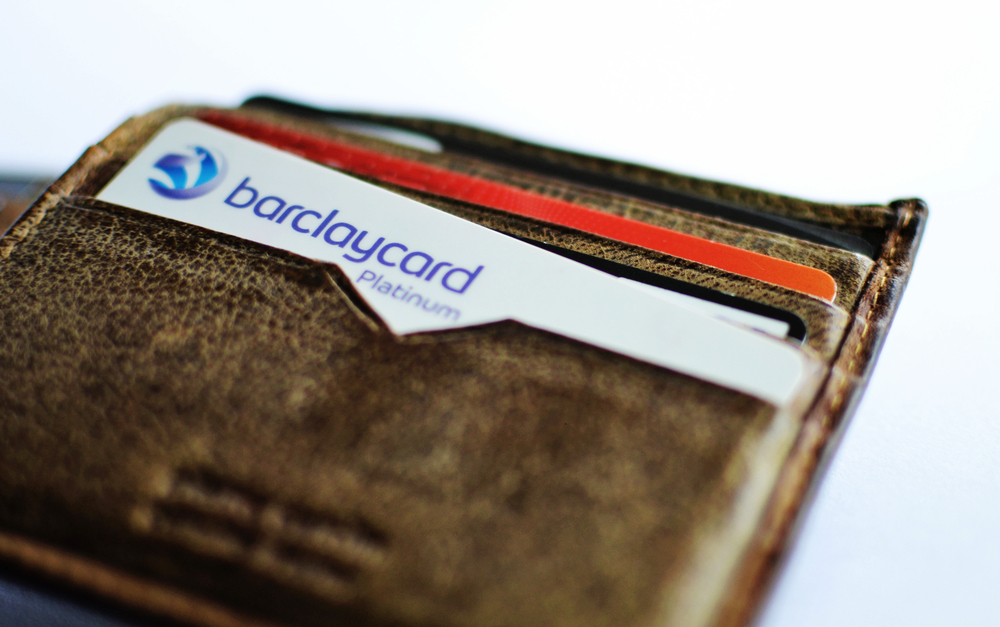Analysis by Totally Money found that credit card companies are continuing to water down 0% balance transfer credit card offers, while tightening up who they lend to.
The personal finance app found that in the past 12 months, lenders have slashed an average 4.5 months off the market leading balance transfer offers, while increasing fees by 0.21 percentage points.
Six years ago, the top 10 offers all had introductory interest-free terms of 40 months or more – now the market-leading offer is just 28 months.
Totally Money worked out that every month, half (50.1%) of customers are paying credit card interest. It calculated that £1,438 in interest could be saved by switching the average interest-bearing balance of £2,748 to the current market-leading balance transfer offer. However, customers are now 19% less likely to be eligible for a credit card than they were a year ago.
Brits are borrowing more
Analysis by Totally Money found that in the past 12 months, balances on credit cards have grown by 9.3%. With a third of adults planning to get their finances in order in 2024, demand for balance transfer offers is expected to peak once again this January.
The savings achieved by switching cards can be considerable – for the average interest-bearing credit card balance of £2,748, customers could save £1,438 by shifting their debt to the market-leading 28-month balance transfer deal, according to Totally Money.
But balance transfer offers are not as impressive as they have been in the past as banks are cutting the number of months the 0% rate applies to, and being more cautious about who they lend to.
In the past year, credit card providers have slashed the best balance transfer offers by an average of more than four months (from 28.3 to 23.8 months), while increasing fees by 0.21 percentage points (from 2.96% to 3.17%).
Just seven years ago, there was a glut of 40+ month interest-free offers to choose from. Now, no lenders offer anything longer than 28 months. The greatest shift has been from Sainsbury’s Bank which cut its interest free offer by 22 months – from a peak of 42 months to 20 months.
Borrowers face ‘less generous offers’
Alastair Douglas, CEO of TotallyMoney, said: “This January, millions of people will be making it their New Year’s resolution to get financially in shape – and for some, this means cutting interest with a balance transfer so they can focus their repayments on paying off debts quicker, and cheaper.
“However, this year the offers are worse than last, and banks are being extra careful with who they’re lending money to. This means the savings aren’t as good as they were, and some customers could find it more difficult to unlock the best cards on the market.
“So it’s more important than ever to do your research, calculate all the costs, and find the best offer for your own personal needs. You should also keep an eye out for offers which give you pre-approval, guarantee the credit limit, interest rate, and offer duration. That way you’ll know your chances of acceptance, and exactly what you’ll get if successful.
“You should also remember to transfer the balance within the required time frame, make repayments on time, and avoid using the card for purchases and cash withdrawals — these transactions can come with sky high rates and put you on the back foot.”
Andrew Hagger, personal finance expert and founder of Moneycomms, said: “Borrowers looking to move balances between cards will face less generous offers this year as lenders tighten credit underwriting, due to fears of mounting debt problems caused by higher mortgage rates and the wider cost-of-living squeeze.
“However, for consumers with a solid credit record it’s still worth switching balances, with both Barclaycard and M&S Bank leading the market with 0% terms of up to 28 months.
“Someone with the average balance of £2,748 could save £1,438 over 28 months with the Barclaycard deal and that’s after paying the one-off balance transfer fee of £94.80 (3.45%) when compared with a card rate of 23.9% APR.”





